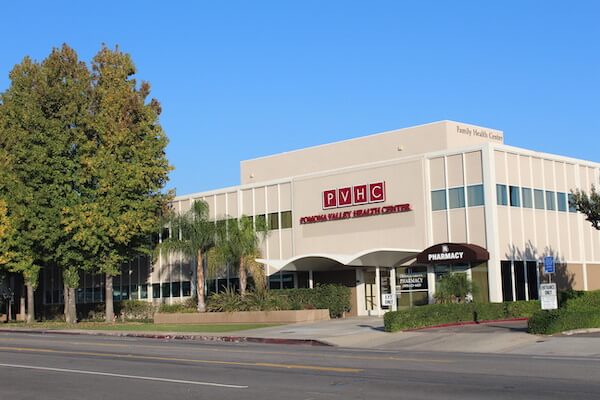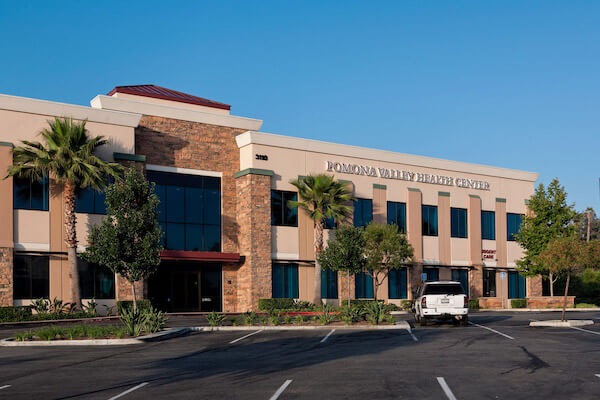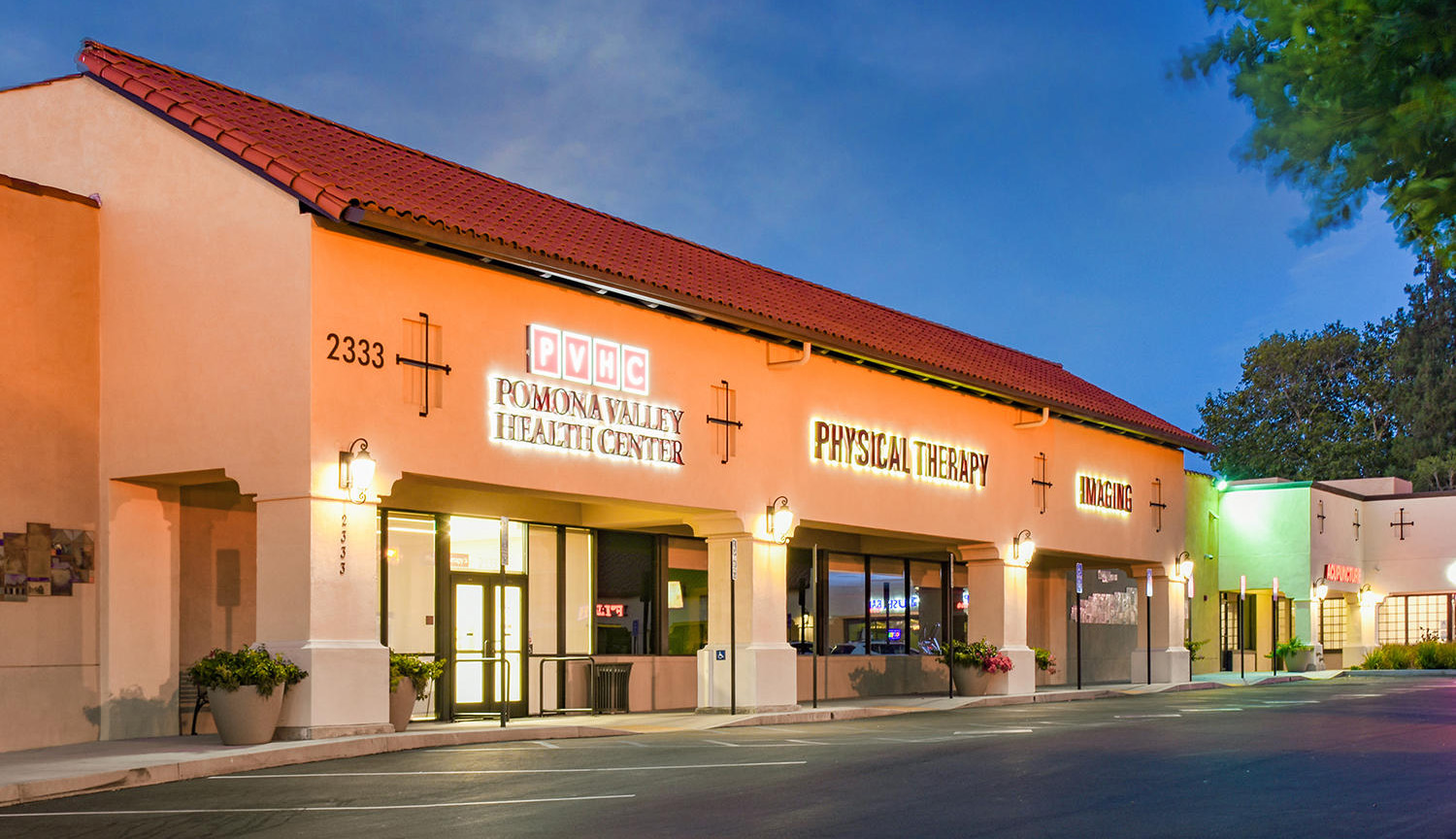
Curious about common cognitive disorders and how they could impact you or a loved one? While cognitive decline can be a normal part of aging, it is not inevitable. However, conditions such as dementia, autism spectrum disorder, and traumatic brain injury can significantly affect memory, thinking, and daily life.
Keep reading to explore the most common cognitive disorders, along with early warning signs, symptoms, and prevention tips.
Dementia is a general term for the loss of cognitive and physical functioning to the extent that it interferes with a person’s daily life and activities. Dementia can negatively impact a person’s thinking, reasoning, and remembering abilities, and their overall mobility and independence over time.
It is caused by diseases that damage the brain, like Alzheimer’s or vascular disease, and can take many years for symptoms to develop. While dementia is more common as people grow older, early-onset dementia can begin as early as a person’s 30s.
Common dementia symptoms include:
Dementia is an umbrella term that describes a range of symptoms (e.g., cognitive, functional, and behavioral) caused by specific diseases. Several diseases can cause dementia. However, Alzheimer’s is the most common.
Alzheimer’s disease is a general term for memory loss and other cognitive abilities severe enough to interfere with a person’s daily life. It accounts for 60-80% of all dementia cases, and is more prevalent in older adults.
The most common early symptom of this disease is difficulty remembering newly learned information. As it progresses through the brain, it leads to increasingly severe Alzheimer’s symptoms, such as:
Those with memory loss or other possible signs of Alzheimer’s may find it difficult to recognize they have a problem. If you or a loved one is experiencing dementia-like symptoms, see a healthcare provider as soon as possible. Early diagnosis and intervention may help slow the progression of the disease and improve your quality of life.
Autism, or autism spectrum disorder (ASD), is a complex condition affecting a broad range of neurological (of the nervous system) and developmental functions.
ASD can negatively affect a person’s social skills, behaviors, speech, and nonverbal communication. It impacts how people communicate, learn, behave, and interact with others. Common autism symptoms include:
ASD can be diagnosed at any age, but it usually happens when children are age two. While there is no simple medical test to diagnose this disorder, Pomona Vally Health Center can conduct a comprehensive assessment to evaluate you or your child to determine whether an ASD diagnosis is appropriate. From there, our skilled professionals can help guide you to appropriate services like occupational therapy, speech therapy, and Applied Behavioral Analysis (ABA).
Mild cognitive impairment is a neurocognitive disorder involving cognitive impairments beyond those expected based on a person’s age and education, but not severe enough to interfere with daily life and activities.
It can be caused by several factors, including aging, medication, diabetes, depression, high cholesterol, high blood pressure, stroke, hypothyroidism, vitamin B12 deficiency, UTI, or COVID. MCI, or isolated memory impairment, is an early stage of memory loss that can progress to dementia and vary significantly. It may also be temporary, depending on the cause. Common MCI symptoms involve issues with:
While there is no standard treatment or medication for MCI, here are a few ways to help manage symptoms and stay healthy:
A traumatic brain injury (TBI) is a serious medical condition that negatively affects how your brain works. It is caused by an outside force (e.g., bump, blow, or jolt) to the head and is a significant cause of death and disability in the U.S. If you have a TBI, it means you were hit in the head hard enough to make your brain bounce around or twist inside your skull, damaging blood vessels in your brain.
Depending on severity, a TBI can cause short- or long-term medical issues that can impact every part of your life.
Mild TBI symptoms include:
Moderate to severe TBI symptoms may also include:
If you or a loved one experiences any blow to the head, seek immediate medical care to rule out any serious injury. Symptoms of a head injury aren’t always immediately obvious, and even mild trauma can lead to complications if left untreated. Early evaluation and treatment are essential for lowering your risk of long-term side effects.
If you or someone you care about is beginning to struggle with memory changes, concentration issues, or shifts in mood, seek a medical evaluation and assessment as soon as possible.
Early intervention and diagnosis can provide the answers you need and access to supportive treatments that can make a real difference. Even small steps can significantly improve a person’s quality of life.
At Pomona Valley Health Centers, we understand the impact cognitive disorders can have on you, your family, and your loved ones. Our compassionate team offers personalized care and treatment plans to enhance well-being, independence, and confidence.
You don’t have to face the journey of memory loss alone—our skilled team is ready to help you every step of the way. Find a location near you today.




